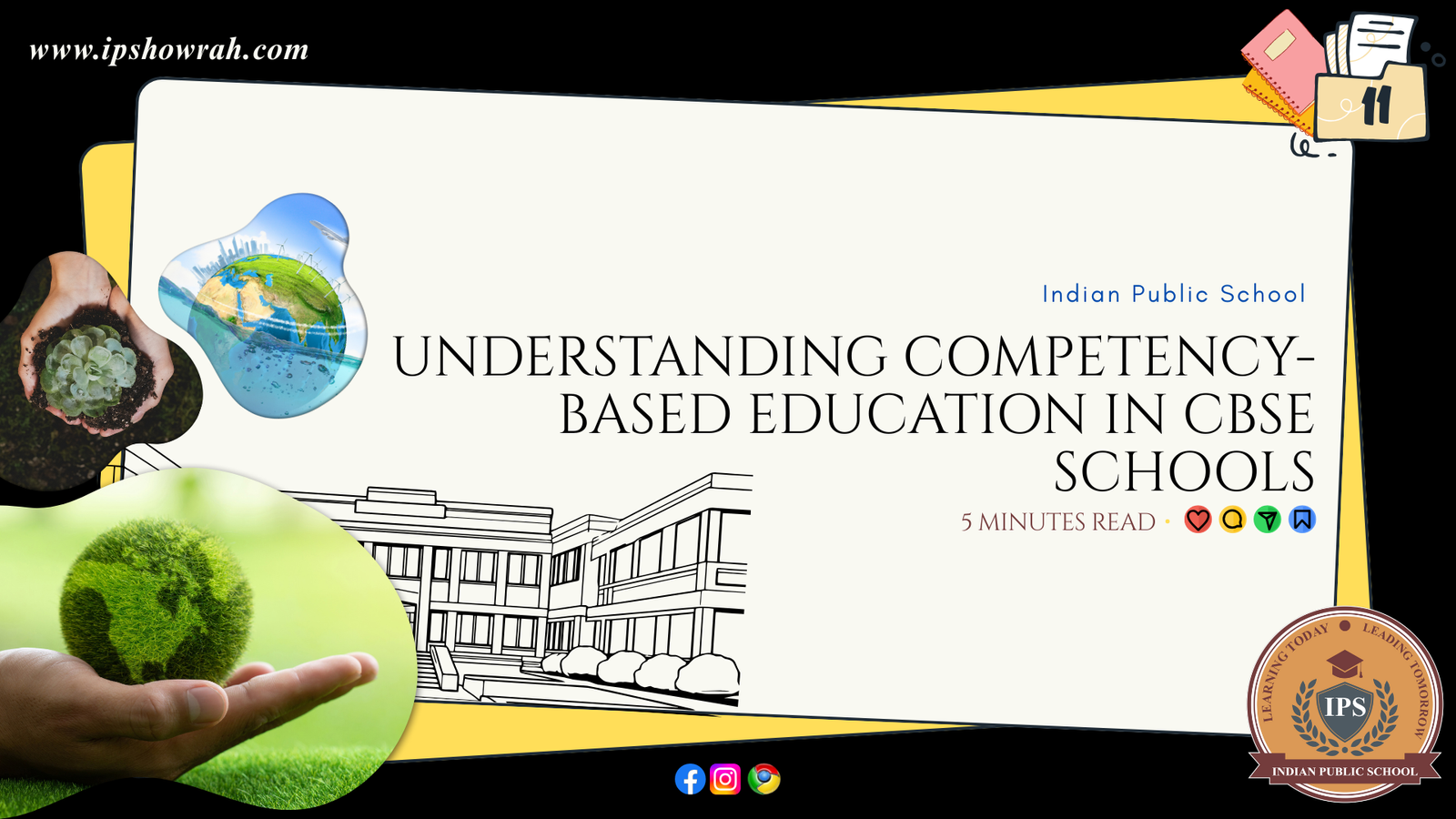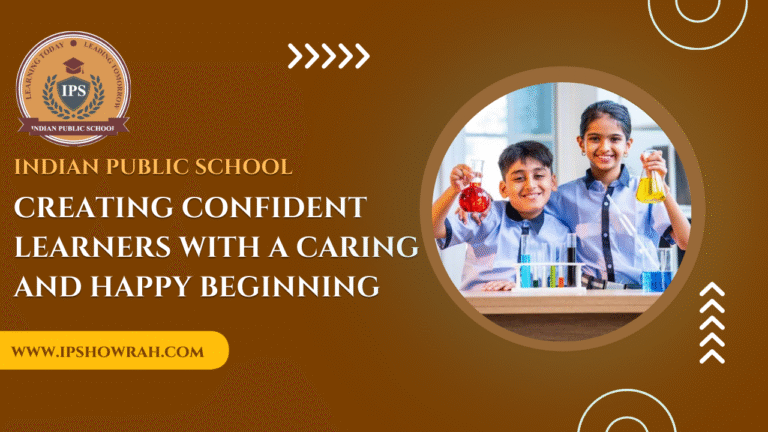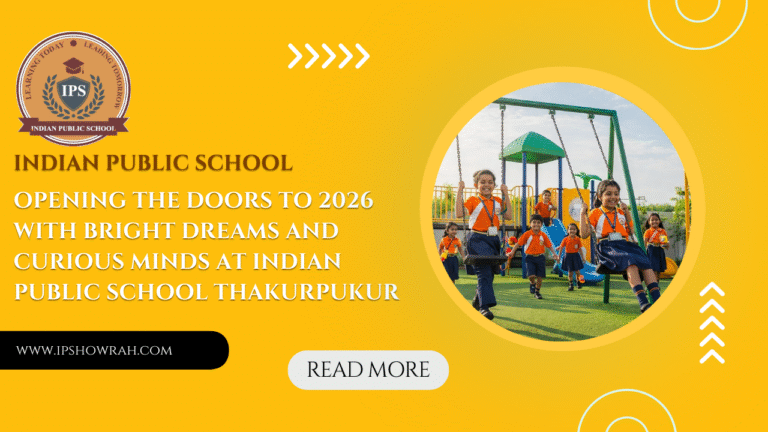Understanding Competency-Based Education in CBSE Schools

Education in India is evolving rapidly, and one of the most important shifts in recent years is the move towards competency-based education, especially in CBSE schools. This approach goes beyond memorizing facts and encourages students to develop real skills that will help them succeed in academics and life.
In this blog, we will explore what competency-based education means, why CBSE is adopting it, its benefits, and how students can prepare for this new way of learning.
What is Competency-Based Education?
Competency-based education (CBE) is a teaching and learning approach that focuses on mastering specific skills, knowledge, and abilities—called competencies—rather than just covering a set syllabus. In CBE, students are encouraged to understand concepts deeply and apply them in real-life situations.
Instead of just learning for exams, students learn to solve problems, think critically, and communicate effectively. This approach ensures that learning is meaningful and long-lasting.
Why is CBSE Adopting This Approach?
The world is changing fast, and so are the skills required for future careers. CBSE has recognized that traditional rote learning is no longer enough to prepare students for the challenges of the 21st century.
By adopting competency-based education, CBSE aims to help students develop analytical thinking, creativity, collaboration, and problem-solving skills. This shift also aligns with the National Education Policy (NEP) 2020, which emphasizes holistic and skill-based learning. CBSE wants to ensure that students are not just exam-ready, but also life-ready.
Benefits of Competency-Based Education for Students
Competency-based education offers several advantages that go beyond classroom learning. Firstly, it helps students understand the practical application of what they study, making learning more engaging and relevant. Secondly, CBE encourages students to learn at their own pace, allowing them to master a topic before moving on.
This reduces pressure and builds confidence. Thirdly, it prepares students for competitive exams and future careers by focusing on skills like critical thinking, teamwork, and communication. Overall, CBE nurtures well-rounded individuals who are better equipped for success.
Real-Life Examples of Competency-Based Questions
Competency-based questions are designed to test how well students can apply their knowledge in real-world situations. For instance, instead of asking, “What is water pollution?” A competency-based question might be, “Suggest practical ways to reduce water pollution in your community and explain their impact.”
In mathematics, rather than simply solving an equation, students might be asked to use math concepts to plan a school event or manage a budget. These questions encourage students to think creatively and use their learning in meaningful ways.
How to Prepare for Competency-Based Exams
Preparing for competency-based exams requires a different approach from traditional studying. Start by focusing on understanding the core concepts in each subject, rather than just memorizing facts. Practice answering application-based and case-study questions, which are now common in CBSE exams.
Group discussions and project work can help you develop teamwork and communication skills. Use mind maps, diagrams, and real-life examples to connect ideas. Don’t hesitate to ask teachers for clarification if you’re unsure about a concept. Regularly review your progress and seek feedback to improve further.
The Role of Teachers and Schools
Teachers and schools play a crucial role in making competency-based education successful. At Indian Public School, our teachers use interactive teaching methods, real-life case studies, and group projects to help students grasp concepts deeply.
We encourage students to ask questions, participate in discussions, and engage in hands-on learning. Regular assessments and constructive feedback help students identify their strengths and areas for improvement. Our goal is to create a supportive environment where every student can thrive under the new CBSE curriculum.
How Indian Public School is Leading the Way
As one of the [best CBSE schools in Howrah](#), Indian Public School has embraced the competency-based approach wholeheartedly. Our curriculum is designed to foster curiosity, creativity, and critical thinking. We offer a range of activities, from science fairs to debates and community projects, that help students apply their learning beyond textbooks.
Our teachers receive regular training to stay updated with the latest educational practices. We believe that every child has unique talents, and our mission is to help them discover and develop these skills for a brighter future.
Conclusion: Preparing for the Future with New Learning Methods
Competency-based education is transforming the way students learn in CBSE schools. By focusing on real understanding and practical skills, this approach prepares students not just for exams, but for life. Embracing this new way of learning may seem challenging at first, but with the right guidance and mindset, students can unlock their full potential.
At Indian Public School, we are committed to supporting every student on this exciting journey. Remember, education is not just about marks—it’s about building the skills and confidence to succeed in the world beyond school.
Important Note
This blog is for educational purposes and aims to help students and parents understand the latest CBSE syllabus updates. For more information, visit the official CBSE website or contact Indian Public School, Howrah. Have a great day.



